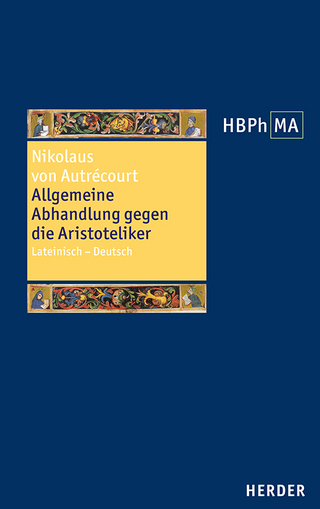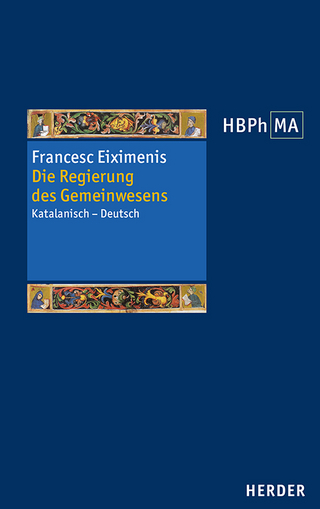
Self and Emotional Life
Columbia University Press (Verlag)
978-0-231-15830-5 (ISBN)
Malabou believes scientific explorations of the brain seriously problematize established notions of affective subjectivity in Continental philosophy and Freudian-Lacanian analysis. She confronts philosophy and psychoanalysis with something neither field has seriously considered: the concept of wonder and the cold, disturbing visage of those who have been affected by disease or injury, such that they are no longer affected emotionally. At stake in this exchange are some of philosophy's most important claims concerning the relationship between the subjective mind and the objective body, the structures and dynamics of the unconscious dimensions of mental life, the role emotion plays in making us human, and the functional differences between philosophy and science.
Adrian Johnston is a professor in the Department of Philosophy at the University of New Mexico at Albuquerque and an assistant teaching analyst at the Emory Psychoanalytic Institute in Atlanta. He is the author of Time Driven: Metapsychology and the Splitting of the Drive; Zizek's Ontology: A Transcendental Materialist Theory of Subjectivity; and Badiou, Zizek, and Political Transformations: The Cadence of Change. Catherine Malabou is a professor in the Department of Philosophy at the Centre For Modern European Philosophy at Kingston University, U.K. She is the author of several books translated into English, including The Future Of Hegel: Plasticity, Temporality And Dialectic; What Should We Do With Our Brain; Plasticity At The Dusk Of Writing: Dialectic, Destruction, Deconstruction; and Changing Difference.
Preface: From Nonfeeling to Misfeeling-Affects Between Trauma and the Unconscious Acknowledgments Part I. Go Wonder: Subjectivity and Affects in Neurobiological Times(Catherine Malabou) Introduction: From the Passionate Soul to the Emotional Brain 1. What Does "of" Mean in Descartes's Expression "The Passions of the Soul"? 2. A "Self-Touching You": Derrida and Descartes 3. The Neural Self: Damasio Meets Descartes 4. Affects Are Always Affects of Essence: Book 3 of Spinoza's Ethics 5. The Face and the Close-Up: Deleuze's Spinozist Approach to Descartes 6. Damasio as a Reader of Spinoza 7. On Neural Plasticity, Trauma, and the Loss of Affects: The Two Meanings of Plasticity Conclusion Part II. Misfelt Feelings: Unconscious Affect Between Psychoanalysis, Neuroscience, and Philosophy (Adrian Johnston) 8. Guilt and the Feel of Feeling: Toward a New Conception of Affects 9. Feeling Without Feeling: Freud and the Unresolved Problem of Unconscious Guilt 10. Affects, Emotions, and Feelings: Freud's Metapsychologies of Affective Life 11. From Signifiers to Jouis-sens: Lacan's Senti-ments and Affectuations 12. Emotional Life After Lacan: From Psychoanalysis to the Neurosciences 13. Affects Are Signifiers: The Infinite Judgment of a Lacanian Affective Neuroscience Postface: The Paradoxes of the Principle of Constancy Notes Index
| Reihe/Serie | Insurrections: Critical Studies in Religion, Politics, and Culture |
|---|---|
| Verlagsort | New York |
| Sprache | englisch |
| Maße | 152 x 229 mm |
| Themenwelt | Geisteswissenschaften ► Philosophie ► Philosophie des Mittelalters |
| Geisteswissenschaften ► Psychologie ► Psychoanalyse / Tiefenpsychologie | |
| Naturwissenschaften ► Biologie ► Humanbiologie | |
| Naturwissenschaften ► Biologie ► Zoologie | |
| ISBN-10 | 0-231-15830-0 / 0231158300 |
| ISBN-13 | 978-0-231-15830-5 / 9780231158305 |
| Zustand | Neuware |
| Haben Sie eine Frage zum Produkt? |
aus dem Bereich


